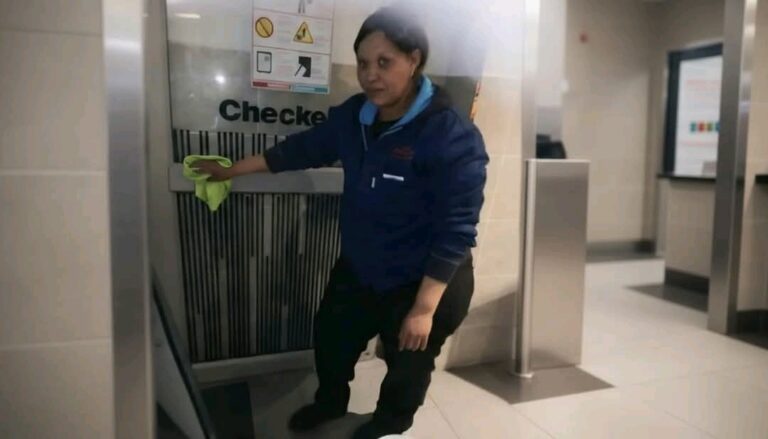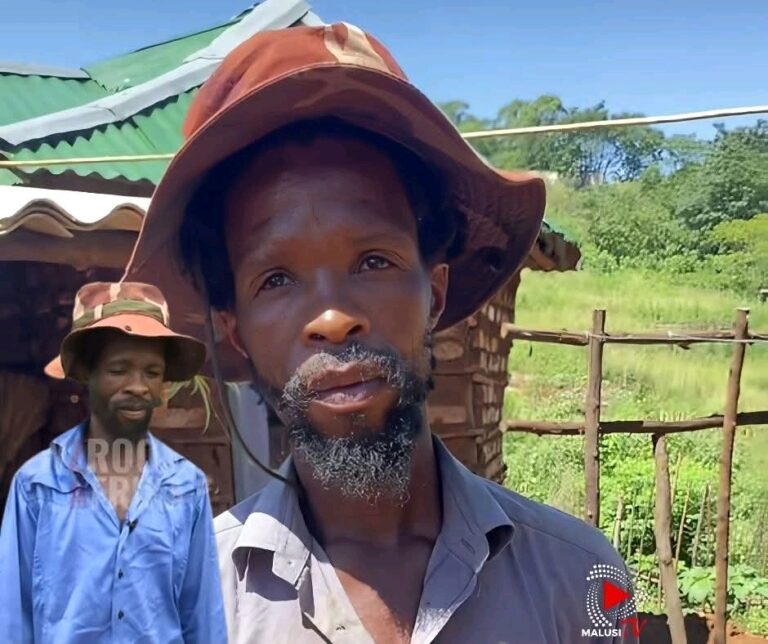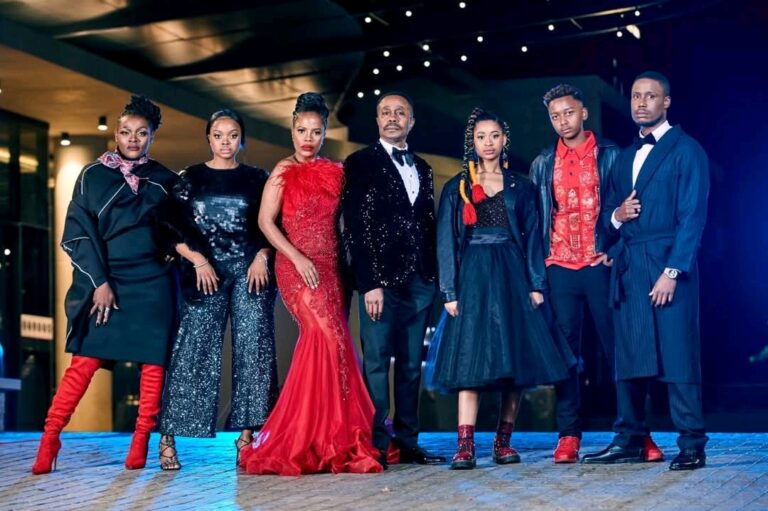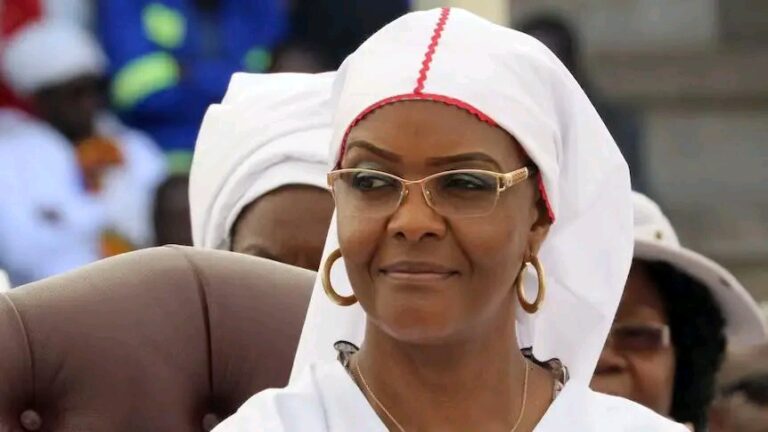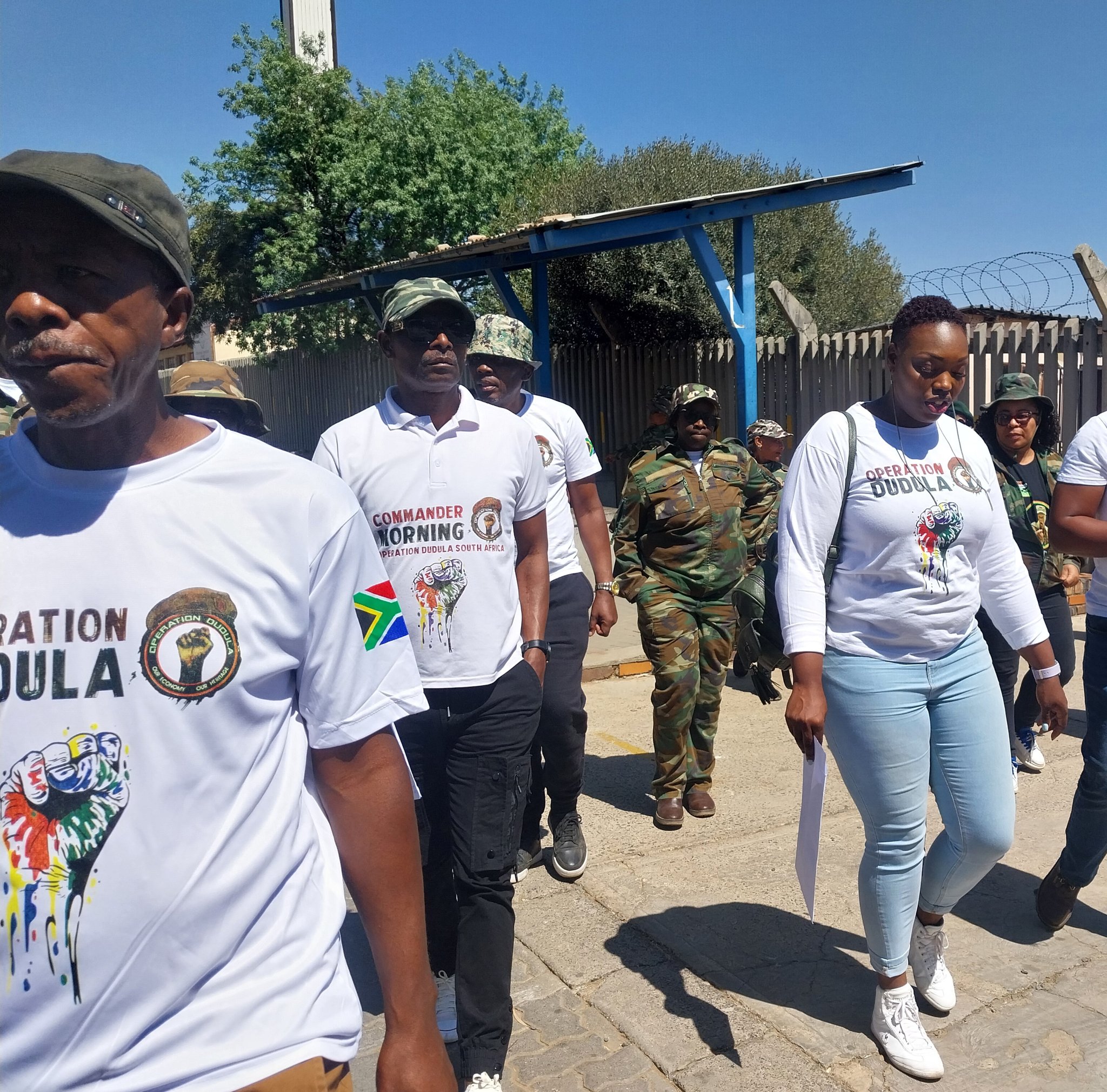
On Monday, 22 September, Soweto witnessed chaos as Operation Dudula members stormed Lofentse Girls High School in Orlando East, forcing classes to come to a standstill. The group, known for its controversial stance against undocumented foreign nationals, announced that they were shutting down schools across the township. Their justification was that South African children should not be deprived of education because of the presence of what they termed “illegal foreigners.”
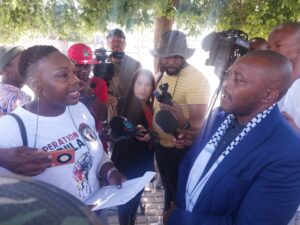
The protest sparked heated debates across communities and social media, with parents, teachers, and learners caught in the middle of a conflict that touches on one of South Africa’s most sensitive issues — education and migration.
Schools Forced to Close
According to eyewitnesses, Operation Dudula members arrived in groups, chanting and demanding that certain pupils be removed from classrooms. They argued that foreign children, especially those whose parents are undocumented, are taking up limited spaces that should be allocated to South African learners. The disruptions caused panic, with several schools suspending teaching and learning for the day to prevent escalation.
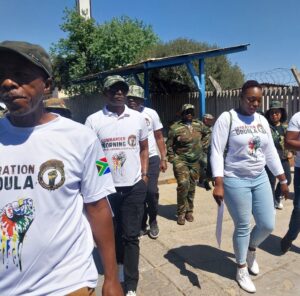
This direct action has sparked concerns not only for the safety of children but also for their right to education. For many parents, the disruptions only deepen existing frustrations over the struggling education system, where overcrowded classrooms and limited resources are daily challenges.
The Group’s Message
Operation Dudula members defended their actions, saying they were sending a strong message to government officials who they claim are ignoring the plight of South African learners. “No South African child will be deprived of education in favour of illegal foreigners,” the group chanted.
They insist that they are not against legal migrants but want authorities to clamp down on those they believe are in the country unlawfully. For them, the shutdowns are a form of protest aimed at pressuring the government to tighten immigration controls and prioritize local citizens.
https://x.com/ewnreporter/status/1970080666734993692?t=JLdQRtLnDv2GjEUMB899vA&s=19
Public Reaction
The move, however, has sparked mixed reactions. Critics have condemned the shutdowns as reckless and dangerous, arguing that Operation Dudula is using children and schools as battlegrounds for a political cause. Education experts have emphasized that every child, regardless of nationality, has the right to access schooling under international human rights laws to which South Africa is a signatory.
On the other hand, some South Africans expressed support for the group, pointing out that many local children remain on long waiting lists for placement in schools. For them, the frustrations are real, and they believe the government needs to address the issue urgently before communities take matters into their own hands.
Government Response
Authorities have yet to release a detailed statement, but the Department of Basic Education has previously emphasized that no child should be denied access to learning. Officials are reportedly monitoring the situation closely, as fears grow that the shutdowns could spread to other parts of the province if not addressed.
A Divisive Struggle
The events in Soweto highlight the ongoing tensions surrounding migration, service delivery, and inequality in South Africa. While Operation Dudula insists it is standing up for the rights of local citizens, critics argue their methods are only deepening divisions within communities.
At the heart of it all are children — many of whom missed yet another day of schooling in a system already strained by challenges. Whether the government steps in decisively or not, one thing is certain: education has once again become a frontline issue in South Africa’s broader social struggles.

